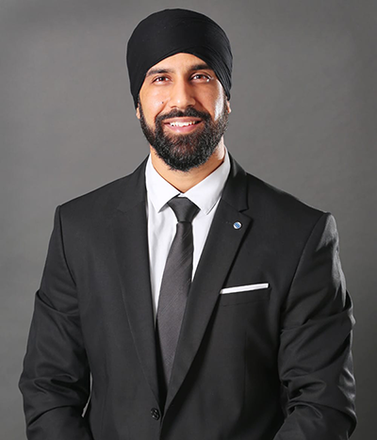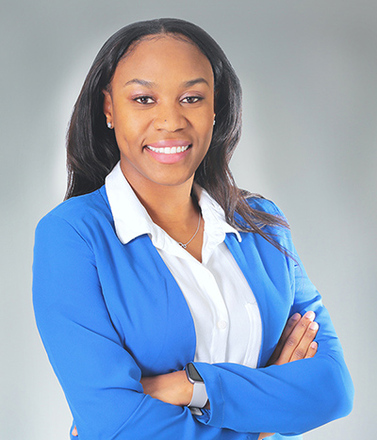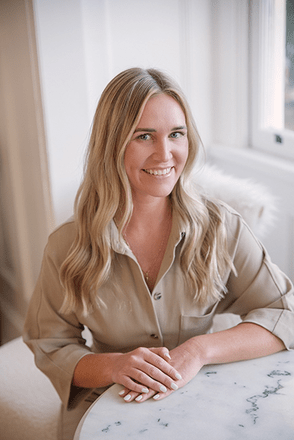Axiom Mortgage Solutions
Formerly The Modern Mortgage Unlimited Company. A multi region reach of the brokerage. Axiom is a client focused and community driven brokerage, contact us:
Axiom Mortgage Solutions
Head Office
223 14 Street NW
Calgary AB T2N 1Z6
Compliance Officer
Gord Appel
(403) 714-4663
gord.appel@axiom.ca
Broker of Record
Gord Ross
800-517-8670 ext 301
gord@axiommortgage.ca
Our Team
As a Real Estate Sales Representative in London, I recommend that all of my clients speak with Sean regarding their home purchase. Sean’s professionalism, excellent communication, and ability to get the job done, sets my clients at ease throughout the entire process and ensures it’s a smooth process.
Austin D. Titus
Very professional. Great to deal with.
Joel Thistle



















